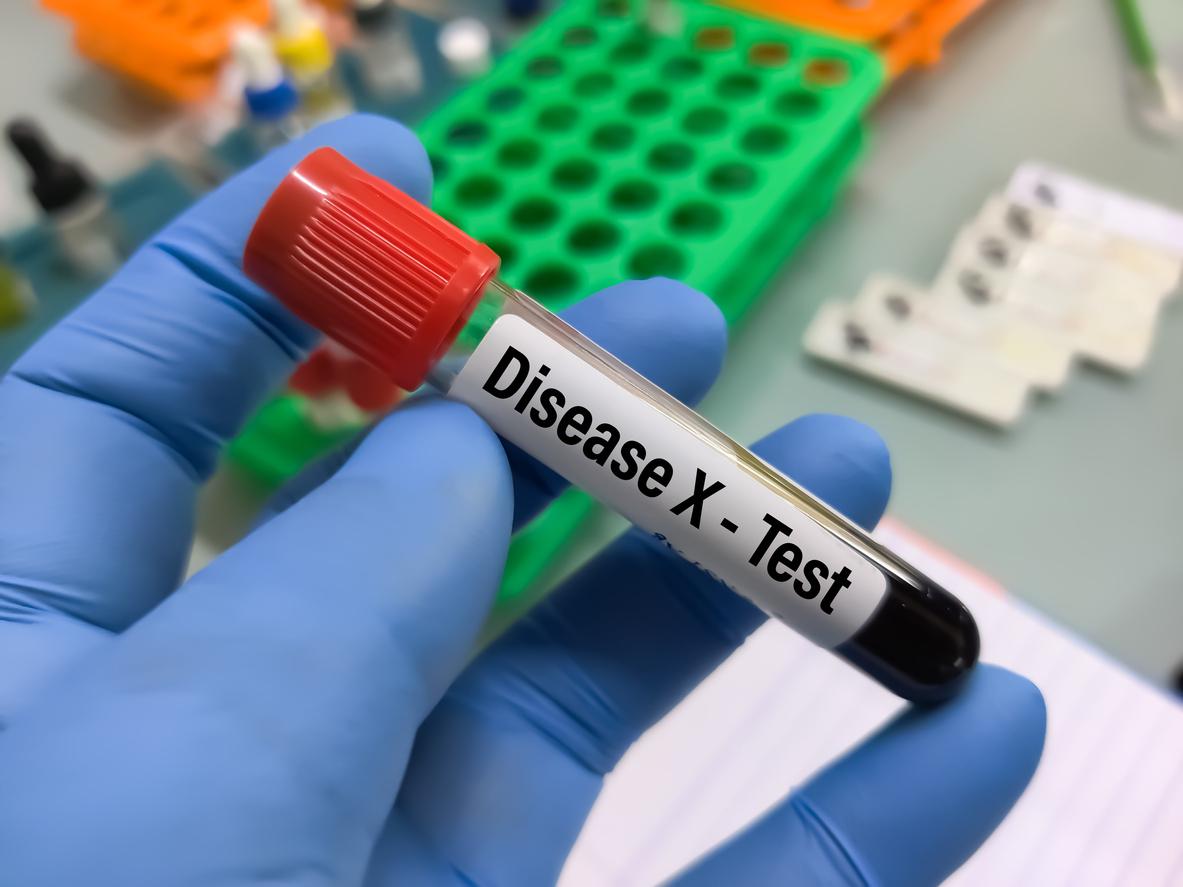On the set of “it will not come out of here” on France 2, Marc Lavoine spoke again of a disorder which he would be suffering from, like his mother. While he was a child, his mother went to a nursing home, his father took out a medical dictionary and pointed out the pathology from which she suffered: “He said: melancholy, lypemania, that’s what your mother has. It was a poetic and less violent way of telling us that our mother sometimes had depression.“ What is this disease from which the coach of The Voice would suffer?
Where is she from ?
The term lypemania comes from the Greek, “lype” which means sadness. The disease was named for the first time in 1820 by a French psychiatrist, at the origin of many psychiatric concepts: Jean-Etienne Esquirol. He signs a text called “De la lypémanie ou melancholie”. He describes it as a psychic disorder which makes any daily event unbearable and terrifying for the patient. “The cold, the rain, the wind, the heat, make them shiver with pain and fear. Situations that surprise and disturb them are experienced as attacks directed expressly against their person. Everything attacks them.“
What are the symptoms of Lypemania?
Lypemania would correspond to a form of severe depression, not to be confused with reactive depression, which follows a brutal event. It would have a tendency to make permeable to everything: lypemaniacs are more susceptible, are obsessed with dark ideas, manifest continuous great sadness, see their emotions triggered very quicklyand feel like there is no way out. As stated in the Universalis encyclopediaEsquirol also spoke of a “sad delirium” and often localized, with a main idea.
The term lypemania is no longer used in the medical world. We now prefer the expression: depression chronic. Indeed, this description echoes that of depression, according to Inserm, characterized by: intense and almost permanent pathological sadness, loss of vital momentum, loss of interest and pleasure, thoughts of death or recurrent suicide, a strong feeling of anxiety, fatigue, loss of appetite and psychomotor retardation. The latter would affect 15 to 20% of the French population.
Is Lypemania hereditary?
Marc Lavoine describes his mother as a woman who loses the way to tell her children that she loves them, she is so sad. He explains that he feels the same symptoms that he spent his childhood seeing in her. Inserm explains that the genetic cause is supported by various epidemiological studies:we know, for example, that an individual is two to four times more likely to present a characterized depressive disorder during his life when one of his parents has a history depressive disorder“. Two coding genes are thus involved: for the serotonin transporter (a neurotransmitter) or for a factor essential to the proliferation, differentiation and survival of neurons.
Neurobiological factors may explain these disorders, especially if there is a problem with the transmission of serotonin, norepinephrine and dopamine in the brain. The balance between glutamate and GABA could also be decisive, as this would alter the patient’s neuroplasticity, preventing him from forming new neurons. That said, psychiatric disorders such as depression or lypemania are not exclusively genetic or chemical. They can respond to predispositions but are also triggered by environmental causes.
How to treat Lypemania?
As with depression, there is no miracle cure for lypemania. As it is multifactorial, its care should be too. It can be treated by therapy, and by medication (antidepressants, anxiolytics) or even by a change in lifestyle: more sun, sport, less stress…
Sources: Inserm, Encyclopedia Universalis
Read also:
- Depression: 9 Symptoms You Shouldn’t Ignore
- An imbalance of the intestinal microbiota can be responsible for a depressive state

















